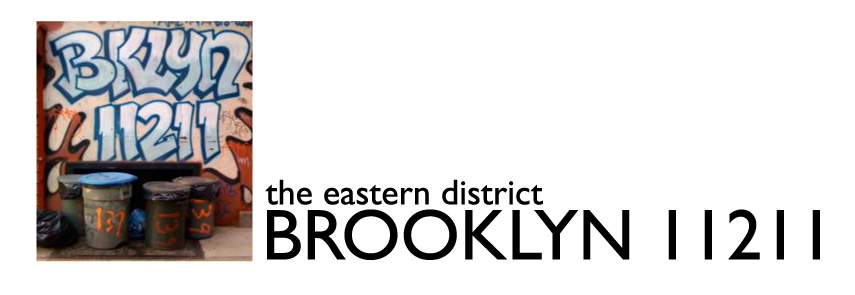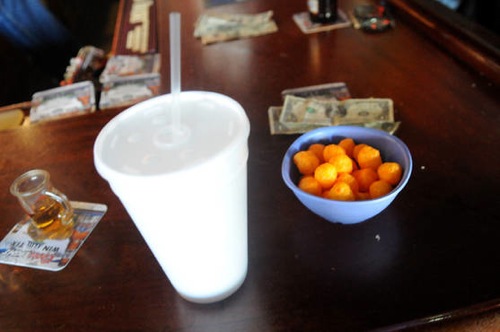Short answer: no.
Metropolitan’s liquor license is resting on tenuously safe ground. The community board can only make recommendations to the State Liquor Authority — they don’t have the actual power to take away a bar’s booze.
Somewhat longer answer: Metropolitan’s liquor license is very safe (despite the fact that most of the patrons quoted in the article pretty much admit the place is a bad neighbor) – SLA has stated categorically that a liquor license is just like a driver’s license, perpetually renewable unless the license holder engages in some act of malfeasance (criminal activity, not paying (enough) excise taxes).

